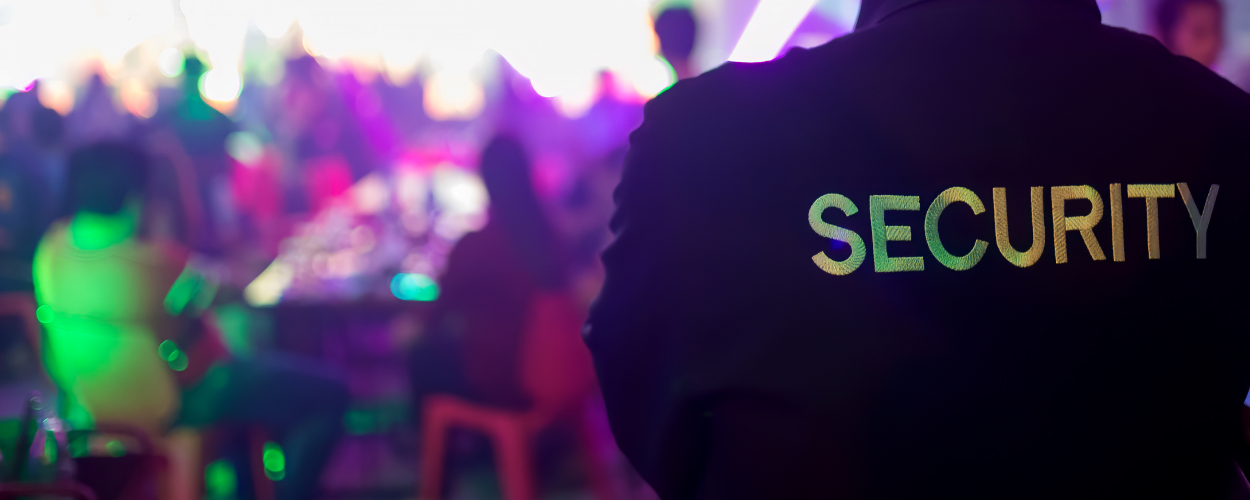Organizing large-scale events comes with the colossal responsibility of ensuring the safety and security of thousands of attendees. From festivals and concerts to conferences and sports events, the complexity of safety planning is immense. This guide provides a comprehensive approach to navigating the challenges of event safety, ensuring a secure environment for everyone involved
The best way to ensure the safety of an event of any time, is to hire a professional secruity guard company like this one.
Preliminary Planning
Assessing Risks
The first step in ensuring safety is conducting a thorough risk assessment. Consider potential hazards such as crowd surges, fire, severe weather, and threats of violence. Understanding these risks allows you to tailor your safety measures effectively.
Understanding Legal Requirements
Familiarize yourself with local laws and regulations regarding event safety, including permits, emergency services, and accessibility requirements. Compliance is not just about legality; it’s about ensuring participant safety.
Collaborating with Local Authorities
Early collaboration with local law enforcement, fire departments, medical services, and other relevant agencies is crucial. These partnerships ensure you have the necessary support and emergency response plans in place.
Strategic Safety Planning
Crowd Management
Develop a comprehensive crowd management plan to handle the influx and movement of attendees. This includes:
- Designing entry and exit points to prevent bottlenecks.
- Implementing crowd control barriers.
- Planning for emergency evacuations.
Security Personnel
Hiring experienced security personnel is essential for managing and responding to safety concerns. Consider the scale of your event when determining the number of guards, and ensure they are briefed on all emergency procedures.
Emergency Medical Services
On-site medical services are crucial for responding to health emergencies. Provide clearly marked medical stations, and consider the layout to ensure easy access for emergency vehicles.
Infrastructure Safety
Ensure all structures, stages, and installations comply with safety standards to withstand crowd pressure and environmental factors. Regular inspections by qualified personnel are essential.
Communication and Technology
Event Communication Plan
Establish a clear communication plan that includes coordination among event staff, security, medical teams, and local authorities. Consider using walkie-talkies or a dedicated mobile app for real-time communication.
Surveillance and Technology
Utilize surveillance cameras and other technology to monitor crowd movements and detect potential issues early. Advanced technologies, such as drones, can provide overhead views of the event space.
Public Information
Inform attendees about safety protocols, including emergency exits, medical stations, and prohibited items. Use social media, mobile apps, and on-site signage to communicate effectively.
During the Event
Monitoring and Response
Continuously monitor the event for any signs of trouble, adjusting security measures as necessary. Ensure all teams are responsive and ready to implement emergency plans if needed.
Coordination with Authorities
Maintain constant communication with local authorities to respond swiftly to any external threats or emergencies that may impact the event.
Post-Event Review
After the event, conduct a thorough review of what worked and what didn’t. Gather feedback from staff, participants, and local authorities to improve safety measures for future events.
Conclusion
Ensuring safety at large-scale events requires meticulous planning, robust communication, and the ability to adapt to evolving situations. By investing in comprehensive safety measures and fostering collaboration among all stakeholders, event organizers can provide a secure and enjoyable experience for everyone involved. Remember, the goal is not just to meet the minimum legal requirements but to exceed them, ensuring the well-being of every attendee.
FAQ Section
Q: How early should I start planning security measures for my event?
A: Security planning should begin as soon as the event is conceptualized. Early planning allows for a thorough risk assessment and the arrangement of necessary security services.
Q: Can technology replace the need for security guards at an event?
A: While technology plays a crucial role in modern security strategies, it cannot replace the human judgment and intervention capabilities of professional security guards. A blended approach using both is most effective.
Q: What is the best way to communicate with the security team during the event?
A: Utilize a reliable, real-time communication system, such as two-way radios or a secure mobile app, to ensure quick and efficient communication among security personnel.
Q: How do I choose the right security guard service for my event?
A: Select a service with experience in handling events similar to yours. Look for companies with well-trained guards, positive reviews, and a comprehensive approach to event security.
